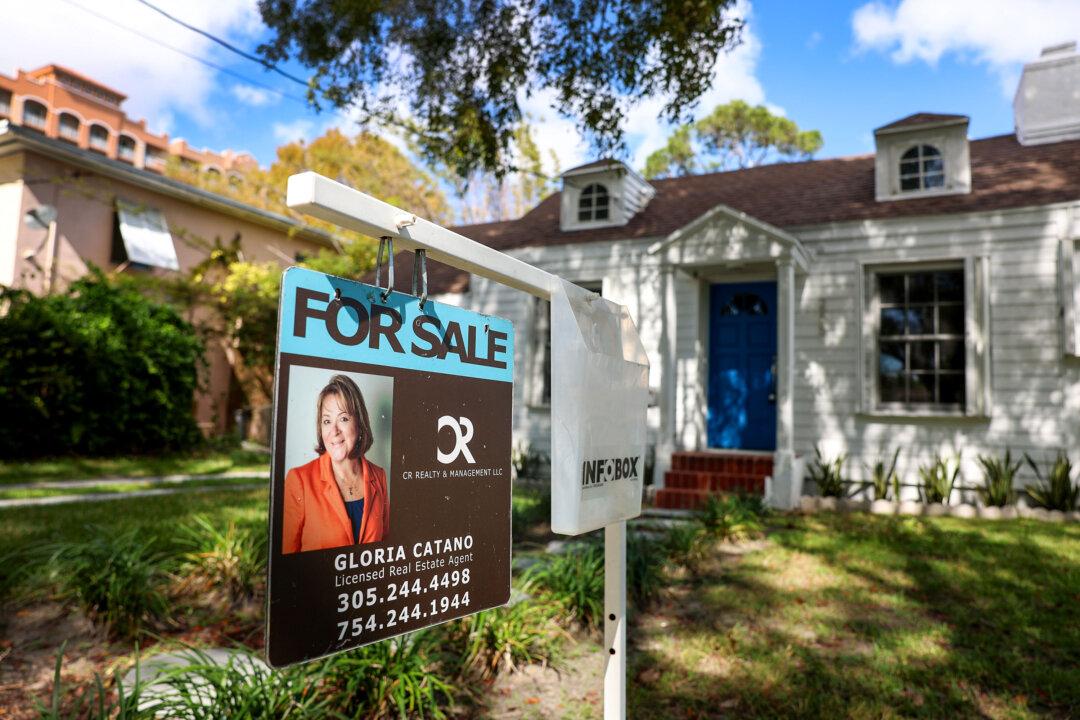People who are lonely and socially isolated are at a 16 percent higher risk for cardiovascular issues such as heart attacks, according to a recent review of multiple studies.
The researchers reviewed six studies involving 104,511 patients from Australia, Sweden, the UK, Denmark, England, and Germany.
The prevalence of loneliness ranged from 5 percent to 65.3 percent among the patients while that of social isolation ranged from 2 percent to 56.5 percent.
A total of 5,073 cardiovascular events were recorded, with the main outcomes being “myocardial infarction, angina pectoris, heart attack, heart failure hospitalization, and death from [cardiovascular disease].”
“Poor social relationships were associated with a 16 percent increase [in risk of incident cardiovascular disease],” the review reads.
“The prevalence and risk for social isolation and loneliness appear highest for old and retired people.”
The research was funded by the Deanship of Graduate Studies and Scientific Research at Jazan University, Saudi Arabia. The authors of the study declared no competing interests.
Lack of, poor, or insufficient social connection can result in a 29 percent higher risk of heart disease, a 50 percent greater risk of dementia among older adults, and a 32 percent increased risk of stroke, the surgeon general said. Lack of social connection also boosts the risk of premature death by more than 60 percent.
“Our relationships are a source of healing and well-being hiding in plain sight—one that can help us live healthier, more fulfilled, and more productive lives,” Dr. Murthy said at the time.
Loneliness in America
A January poll by the American Psychiatric Association (APA) found that almost a third of U.S. citizens experienced feeling lonely at least once per week in the past year, with 10 percent saying they feel alone every day.Younger people were found more likely to experience the feeling of loneliness, with 30 percent of individuals aged 18 to 34 saying they felt isolated every day or multiple times per week. Single adults are almost two times as likely as married adults to say they felt alone every week over the past year.
APA President Petros Levounis said the poll confirmed that loneliness is widespread in the United States, especially among young people. Mr. Murthy was “correct” in labeling loneliness a public health problem with troubling outcomes, he said.
“Doctors and other clinicians can make a major difference in their patients’ well-being and physical health when they ask about loneliness and how to mitigate its effects. Helping people feel less lonely is straightforward and deeply gratifying.”
He pointed to loss of religion and broken marriages as contributing to loneliness and depression.
“If we, as a nation, are serious about addressing/confronting loneliness and if we want to reduce youth suicide, the best manner to do this is through the strengthening of families, marriage, parenting, and the deepening of our faith, not ignoring these critical factors for our overall mental and spiritual health,” Mr. Goeglein wrote.
People from this group are at higher risk of social isolation and loneliness as they are more likely to face situations like living alone, chronic illness, loss of family or friends, and hearing loss, the agency noted.
Almost all adults older than the age of 50 interact with the health care system. For people without social connections, a visit to a doctor could be one of the few face-to-face encounters they have, according to the CDC.
“This represents a unique opportunity for clinicians to identify people at risk for loneliness or social isolation,” the agency stated.




